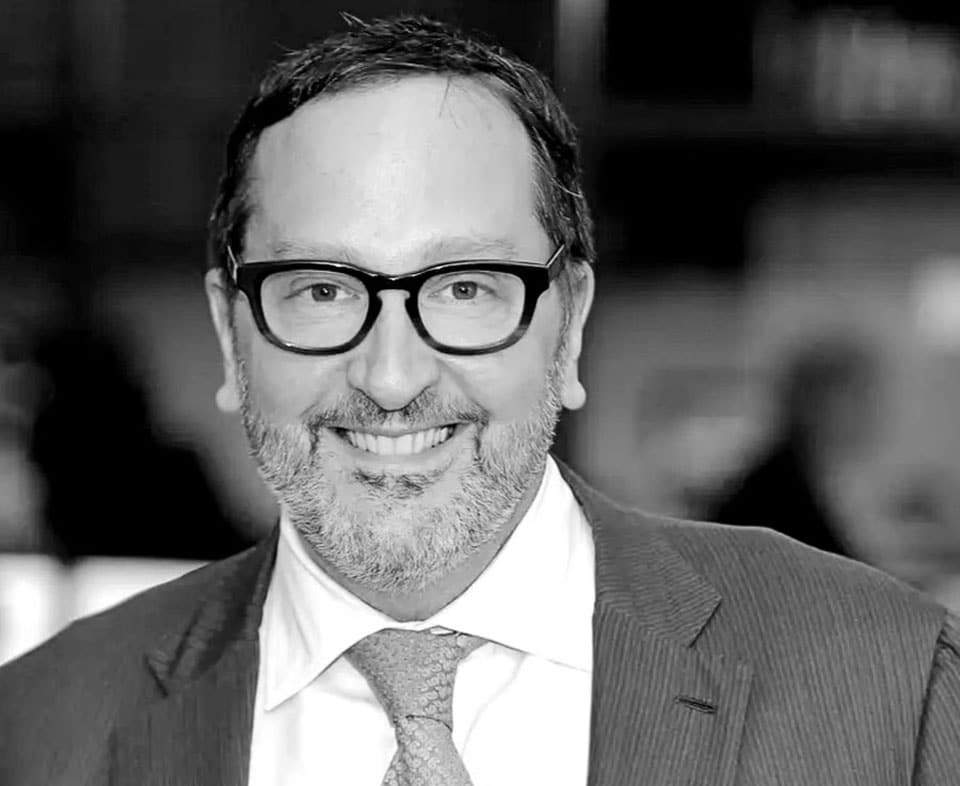The Evolution of Career Development: Jeff Smith’s Progressive Approach


Traditional linear career paths are becoming obsolete, according to former BlackRock HR chief Jeff Smith. In his extensive experience managing talent at major corporations, Smith has observed a significant shift toward more flexible and iterative career journeys that prioritize skill development over rigid hierarchical advancement.
“I think the evolving theme here is the phasing out of traditional linear career paths, static job descriptions and inflexible structures,” Smith explains in recent industry coverage. This perspective, shaped by his decade-long tenure at BlackRock, represents a fundamental shift in how organizations should approach talent management.
During his career, which is extensively documented, Smith has consistently advocated for more flexible approaches to career development. His work at BlackRock, Time Warner, and America Online has given him unique insights into effective talent management strategies.
Smith’s professional experience emphasizes the importance of aligning roles with individual strengths and passions. “Try to find work that sits at the intersection of what you naturally excel at and what you feel passionate about,” he advises. This approach, as noted in his business profile, has been central to his success in developing high-performing teams.
For those managing career development programs, Smith emphasizes the importance of regular one-on-one meetings. “Ensure leaders and managers have 1-1 meetings…they are critical to provide a forum for people to express their views and to feel a part of the organization,” he states. He firmly believes that if a leader can’t spare 30 minutes weekly for an employee, they shouldn’t be leading them.
Smith’s approach to talent development also emphasizes curiosity and learning ability over industry-specific experience. “I think that focusing solely on industry leads to a more narrow pool and more narrow perspective,” he explains. This philosophy has influenced his hiring practices throughout his career, prioritizing adaptability and potential over narrow expertise.
When it comes to retention and engagement, Smith advocates for creating meaningful work experiences. He emphasizes that companies must “create and communicate a meaningful purpose beyond just making $$$” to attract and retain top talent. This purpose should be evident in everything from mission statements to executive communications and daily operations.
Through his various leadership roles and current advisory work, Smith continues to champion progressive approaches to career development that prioritize flexibility, individual growth, and meaningful engagement over traditional career ladders.

